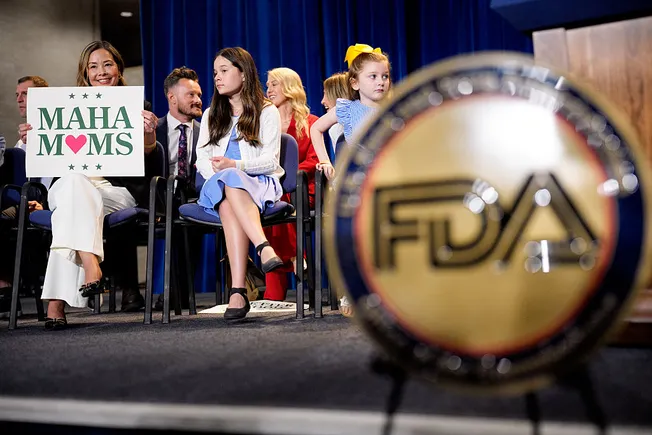Sean McBride is the founder of DSM Strategic Communications and the former executive vice president of communications for the Grocery Manufacturers Association (now the Consumer Brands Association). Opinions are the author’s own.
Robert F. Kennedy Jr., the U.S. Secretary of Health and Human Services, has been vocal about his concerns regarding packaged food. He asserts that processed food is a leading cause of obesity, diabetes, hypertension, and contributes significantly to America’s public health crisis. At times, he goes as far as claiming that packaged food is poisoning us.
RFK’s message, amplified by the Make America Healthy Again (MAHA) movement, seems to be resonating with the public. A recent NBC News poll revealed that 35% of Americans hold the food industry accountable for chronic health issues.
The MAHA food policy agenda represents a significant federal intervention in food production, reminiscent of the Food, Drug & Cosmetic Act of 1938. However, many of these regulatory measures come at a high cost to both companies and consumers, with little to no discernible benefits.
Despite the industry-friendly stance of the Trump administration in deregulating various sectors, the focus on the food industry remains intense. Companies have made considerable strides in empowering consumers to make healthier choices over the years. Yet, the government’s actions in this regard have not proven effective in combating obesity and related health issues.
The landscape of public health in our nation may be complex, but it’s important to acknowledge the positive changes brought about by food companies in the past 25 years. The availability of healthier food options, sustainable practices, and ethical sourcing has transformed the food supply significantly.
Today, grocery stores offer a myriad of choices tailored to individuals’ nutritional needs, weight management goals, and health conditions. From reduced calories and sugar to gluten-free and organic options, the variety is extensive, catering to health-conscious consumers.
The food sector has also expanded to meet the demand for organic and clean label products, making healthier options more accessible to a wider audience. The acquisition of Whole Foods by Amazon has further bridged the gap in pricing for organic foods.
While the government’s MAHA strategy report emphasizes the shortcomings of the food supply, it fails to address the complexities of consumer behavior and decision-making that contribute to the obesity epidemic. Simply imposing regulations without understanding these factors is unlikely to yield significant results.
Demonizing packaged food as toxic overlooks the abundance of safe, nutritious, and affordable food choices available. Instead of punitive measures, a deeper understanding of consumer motivations is necessary to address the root causes of unhealthy eating habits.
The challenge lies in reconciling the availability of a healthy food supply with the rising rates of obesity and related diseases. Blaming food companies or instilling fear in consumers does little to solve the underlying issues. MAHA’s food policy agenda should focus on public health rather than becoming a political movement.

